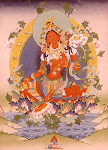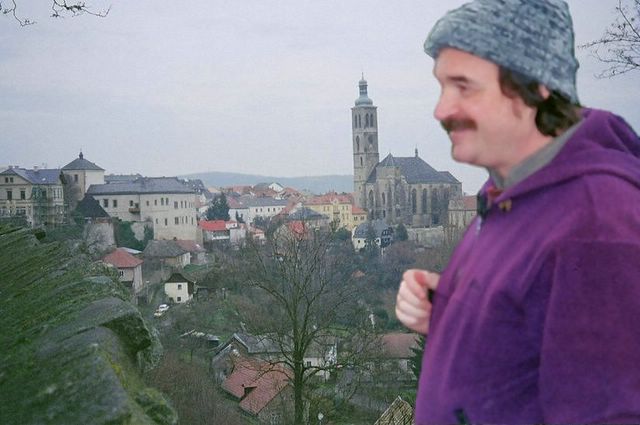Well, haven't posted for a while. Actually I have had several posts brewing in my brain, but just haven't got round to putting any together.
Politics right now predominate, but some are being covered so extensively now, I see no need to add to that fray at the moment.
Meanwhile I started reading Mediterranean Winter: The Pleasures of History and Landscape in Tunisia, Sicily, Dalmatia, and Greece by Robert D. Kaplan and came across this passage which I shall quote:
"For those who in Kazantzaki's words, "squander their lives" with the Tigress, (the White Goddess), the great events of life come from the books, rather than the people, one comes across. Some books show us a new world, others vindicate our own experience. Books can lead you astray, they can ruin you, they can deliver you from the strictures of your environment. Because some are so important one remembers perfectly the circumstances in which one found them , and read them.
You don't find the books that change your life by accident. One finds them the way a ragpicker finds something useful in the garbage, or the way a hunter accidentally encounters his prey. The enterprise demands vigilance, says the philospher Walter Benjamin: it takes practice to lose one's way in a city in order to discover something important about it."
I just started reading it, and am already enjoying it. I recommend it.
Here is a initial description from the inside flap cover to give you an idea of what it is about:
"In Mediterranean Winter, Robert D. Kaplan, the bestselling author of Balkan Ghosts and Eastward to Tartary, relives an austere, haunting journey he took as a youth through the off-season Mediterranean. The awnings are rolled up and the other tourists are gone, so the damp, cold weather takes him back to the 1950s and earlier - - - a golden, intensely personal age of tourism.
Decades ago, Kaplan voyaged from North Africa to Italy, Yugoslavia, and Greece, luxuriating in the radical freedom of youth, unaccountable to time because there was always time to make up for a mistake. He recalls that journey in this Persian miniature of a book, less to look inward into his own past than to look outward in order to dissect the process of learning through travel, in which a succession of new landscapes can lead to books and artwork never before encountered."
Monday, October 09, 2006
Subscribe to:
Post Comments (Atom)


No comments:
Post a Comment